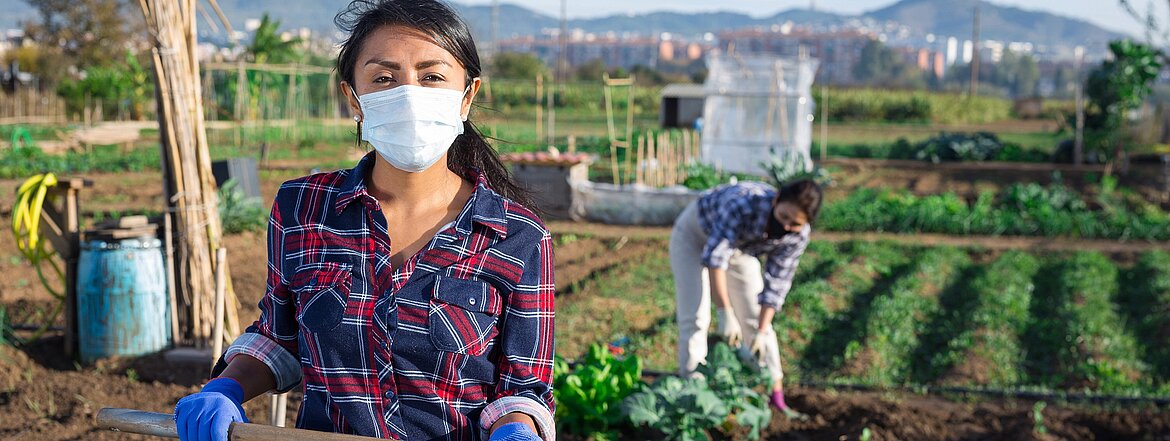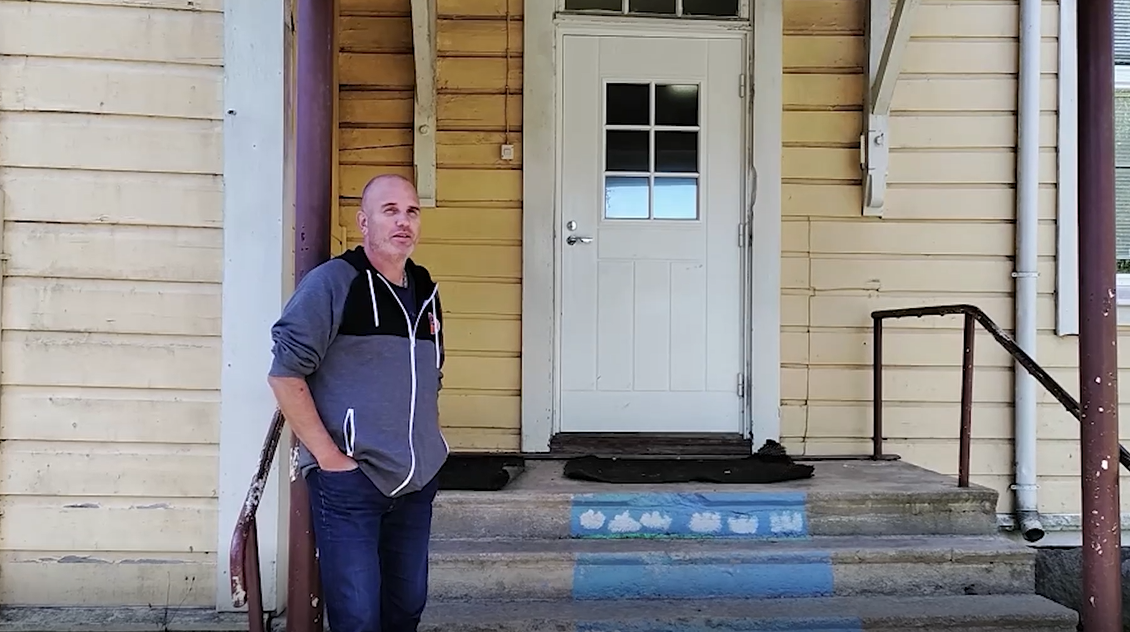In the context of the PoliRural project, Regional Action Plans are the main output of the Foresight process carried out by the twelve pilot regions. The main purpose of regional action plans is to define actionable solutions for tackling the identified challenges within the foresight process. At the same time, plans are considered an integral part of other processes and tasks already undertaken by pilot regions and are well integrated within these. Plans are co-designed and developed by pilot teams together with regional stakeholders and citizens in a mission-transformation process.
The report completed by PoliRural partnership (available here) summarises the results of the mission-oriented approach implementation in the pilot regions. It provides an insight on context and needs of pilot regions by outlining the issues of concern and context that create the basis for the regional visions and the purpose of the regional foresight process. The document provides information of policy challenges, intervention measures and KPIs that form the core of the Regional Action Plans. Policy challenges and measures are analysed and clustered by the four main strands of the Long-Term Vision for Rural Areas – STRONGER rural areas, CONNECTED rural areas, RESILIENT rural areas that foster well-being, and PROSPEROUS rural areas.
Some of the conclusions are the following:
- The majority of challenges identified by pilot regions are primarily related to the PROSPERITY of rural areas, particularly to the various reasons currently hindering the diversification of economic activities;
- The absence or low quality of digital infrastructure, limited skills and abilities to use advantages of good broadband, and poorly digitalised traditional sectors of the economy are central issues hindering pilot regions from becoming better CONNECTED rural areas;
- Pilot regions have identified just a few RESILIENCE-oriented challenges related to the ability to adapt to climate change, reducing the carbon footprint and nature protection;
- The pilot regions see improved governance of their regions as one of the most important results of the foresight process;
- The main precondition for digitalisation and modernisation of agriculture, industry and services is the availability and coverage of high-quality broadband and digital infrastructure in rural areas;
- The role of digital connectivity and the transition of the traditional economy is seen as an essential element that may contribute to the diversification of traditional sectors of the rural economy concerning the digitisation of the agricultural industry and digital capacity building in the rural areas.











